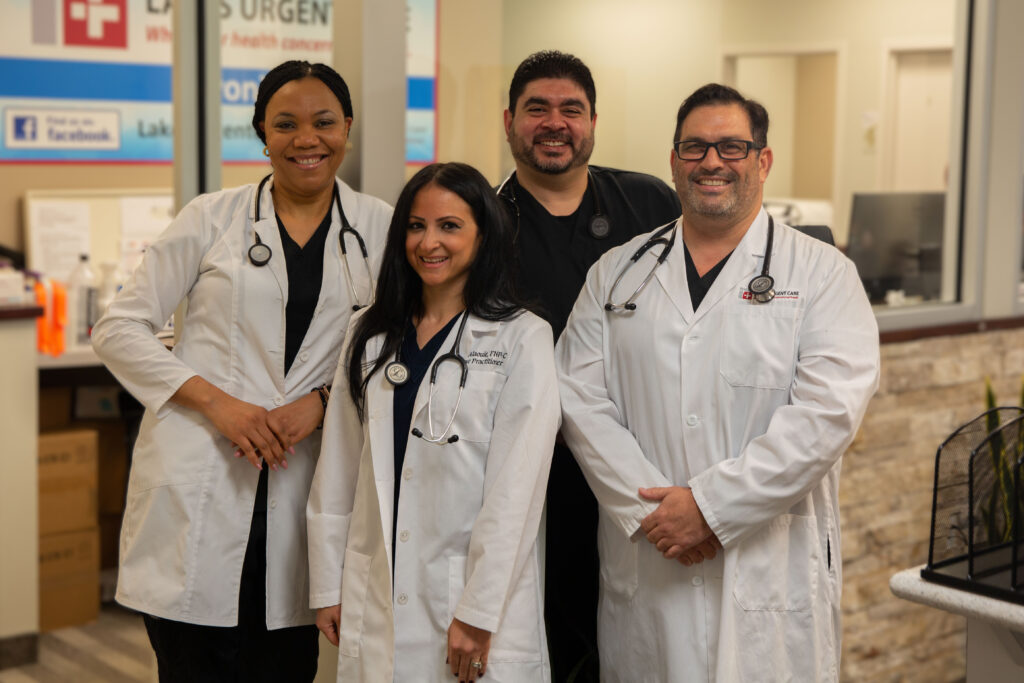Featured Questions:

All Questions
Click on a question or topic below to learn more.
Meningitis B
Yes, you should absolutely be concerned! The rate of Meningitis B is on the rise on many college campuses across the country. Students living in a dormitory have one of the highest risk factors for contracting this potentially deadly disease. If your student has other chronic health issues or is known to have immune system disorders, the risk is even higher. Meningitis B typically begins with cold or flu-like symptoms and rapidly progresses to a severe central nervous system and brain infection. Unfortunately, there is a 10% mortality rate in people who contract the disease, in addition to a 25% risk of serious long-term complications. The good news is that this severe illness can be prevented with a series of Meningitis B vaccines.
100% of all meningitis outbreaks on college campuses since 2011 have been from Meningitis B. The preventative vaccine is typically given in a series of 2 or 3 vaccinations over several months. Until recently, this vaccine was considered to be “elective” and not part of routine vaccinations that most children and young adults receive from their primary care physician or pediatrician. The CDC now recommends that all incoming college students receive a series of vaccines as a routine part of the transition from home to the college setting. This potentially deadly disease is completely avoidable by getting vaccinated. If you are unable to obtain the vaccine from your primary care physician, pediatrician or local health department, it is available at Lakes Urgent Care. Please make sure to plan adequately so that your college freshman has had at least 2 Meningitis B vaccine doses.
As your high school graduate looks forward to the college experience, there are some basic health tips you should discuss with her: developing good hygiene habits including frequent hand washing, assuring that all vaccinations that are necessary have been provided including the HPV vaccination, making sure that there is an awareness of local health care on campus or near campus, getting adequate sleep and eating a well-balanced diet. It’s also important to have open conversations about protected sex and a knowledge of how to prevent sexually transmitted diseases. Make sure that your college freshman has a good understanding about sexual abuse and violence that can occur in the college campus setting. Many college orientation programs address this issue, but this is a subject that should be transparently discussed and reinforced with your son or daughter.